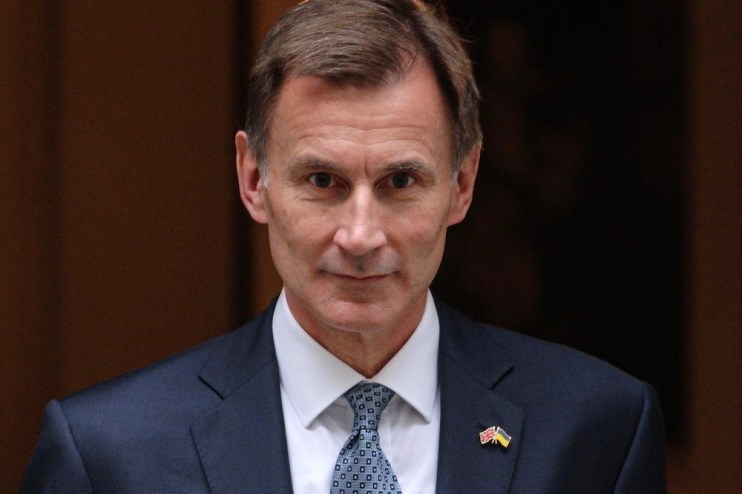Energy bills support expected to stay at £2,500 after Hunt U-turn

Jeremy Hunt is expected to extend support for household energy bills by an extra three months beyond April – in a move that would help ease the country’s cost-of-living squeeze.
Government subsidies are scheduled to be scaled back from next month, meaning average annual bills would rise to £3,000 from £2,500 now.
But the government source said the lower bills are now expected to be kept in place until the end of June, confirming a story reported by the Times earlier on Friday.
The Chancellor is due to deliver a budget statement on March 15, when any extension to the level of support could be announced.
A spokesperson for prime minister Rishi Sunak said: “The Chancellor has been clear that we will keep all our support under review… we are already doing all we can to support people struggling with high energy bills,”
Opposition parties and campaigners have urged the government to change course and keep providing its current level of help to households, many of which are struggling to meet the rising cost of living even before bills rise.
Hunt can count on a roughly £30bn windfall as he prepares his budget, according to the Institute for Fiscal Studies (IFS).
Keeping the current level of energy subsidies would cost £2.7bn until the end of June, based on current energy price forecasts, the IFS estimated this week.
Under the government’s energy price guarantee mechanism, which was set up last September, taxpayer money has been used to shield households from the surge in prices that followed Russia’s invasion of Ukraine.
Wholesale prices are expected to fall over the three months from April to June meaning the government’s guarantee will no longer be necessary beyond after that period, said The Times in its story, citing a Whitehall source.
Energy companies, which could include Centrica, Scottish Power and EON UK, are already preparing to amend bills to reflect the current level of support being renewed rather than reduced in April, according to a separate report by the BBC on Friday.
Reuters – Elizabeth Piper and Sarah Young
